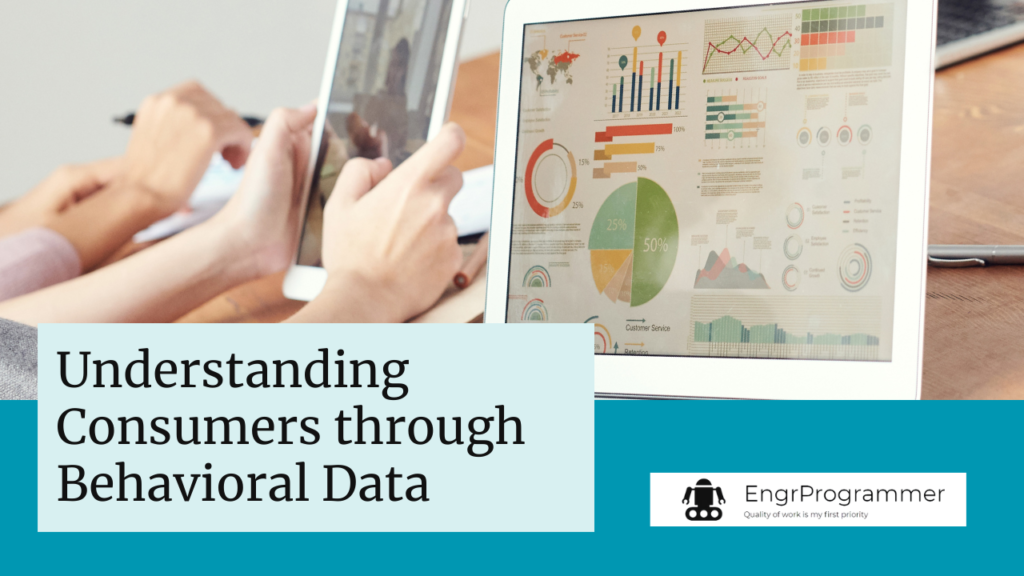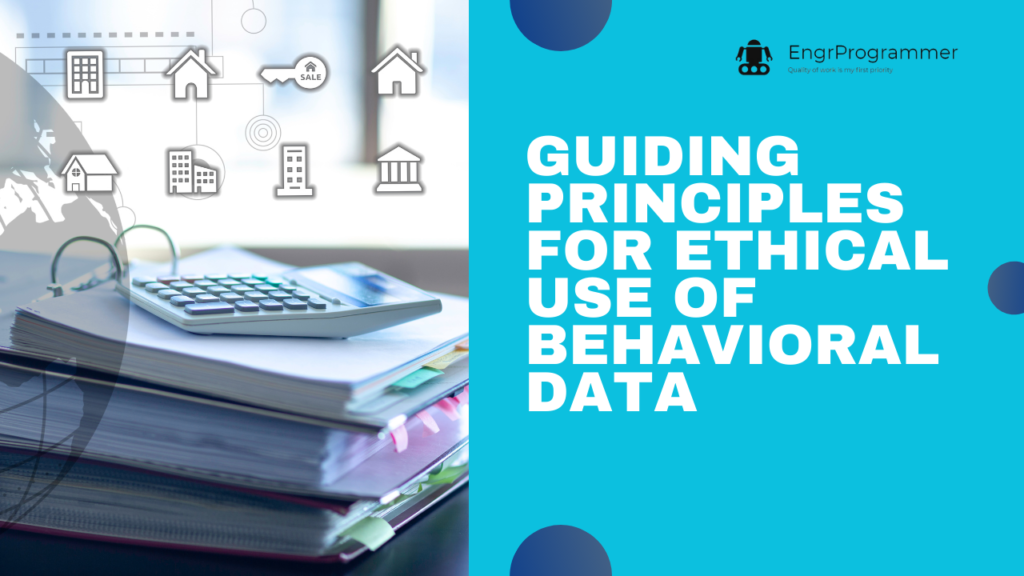Introduction
Our digital lives are increasingly connected through a growing network of online activities and internet-enabled devices known as the Internet of Things. This rising interconnectedness of people, processes, data, and things comprises what has become called the “Internet of Behavior” or IoB. Through IoB, a wealth of digital “behavioral data” is being generated from every click, search, purchase, app usage, and sensed movement recorded by numerous connected sensors and devices we interact with daily. While this behavioral data opens up innovative opportunities for insights, it also raises substantial privacy concerns if not managed properly. This article will explore both the potential benefits of leveraging behavioral data analytics for personalization and improvement, as well as the privacy risks that need addressing for IoB to develop ethically and earn users’ trust. We’ll also discuss principles for using such data insights in a balanced way that respects individuals.
Understanding Consumers and Improving Services through Behavioral Data

As more of our daily activities move online and onto connected devices, a wealth of “behavioral data” is being generated with every search, purchase, and step taken. Companies are looking to analyze this data to understand consumer preferences and needs better. With deeper insights into patterns of behavior, businesses aim to improve customer experiences and tailor their products and services. For example, an e-commerce site could analyze how users browse and what ultimately drives purchases to optimize site layout and recommendations. A streaming service may study viewing habits to refine recommendations and discover new niche interests.
Personalized Experiences but also Privacy Concerns
While personalized services based on behavioral data analysis can offer conveniences, they also raise significant privacy concerns amongst users. The detailed tracking and profiling of individuals’ online behavior and physical activities generates a rich data profile that could reveal sensitive personal details if abused or leaked. There are also debates around fairness, transparency, and the “tracking economy” fueled by behavioral data collection. As devices and services become more embedded in daily life through IoB, expectations of privacy may be increasingly challenged without robust regulation and strong privacy protections by companies. Building Trust in how behavioral data is handled will be critical for the widespread adoption of emerging technologies enabled by IoB
Striking a Balance between Insights and Privacy
Achieving the benefits of behavioral data insights while also addressing privacy concerns will require nuanced policies and practices. Some key approaches include: limiting data collection to only what is necessary, Anonymizing profiles where possible, Giving users transparency and control over their data, Strict access controls and auditing of any third-party data sharing, Ensuring data is kept secure from hackers or leaks, Addressing transparency around data usage and not just privacy policies, Earning trust through a track record of responsibly handling user data. By applying privacy-by-design principles and prioritizing user consent, companies can leverage behavioral data for productive insights without compromising individuals. With open dialogue and collaborative solutions, the opportunities of IoB can be realized in a trusted manner respecting privacy.
Using Behavioral Data to Improve Public Services

In addition to commercial applications, behavioral data insights also hold the potential for improving various public services and policymaking when handled carefully. For example, anonymized mobility data from devices could help urban planners better understand transportation flows to optimize infrastructure spending. Activity tracker data might provide health officials visibility into influencing factors behind wellness indicators to fine-tune programs. Online search and social media data analysis could offer early warnings on emerging socioeconomic issues. At the same time, great care must be taken to prevent any violation of privacy or risks from re-identification when sharing even anonymized behavioral datasets publicly. Overall, balancing insights with privacy will be crucial to tap into IoB’s opportunities to enhance lives through better public policies and community services.
Guiding Principles for Ethical Use of Behavioral Data

As the IoB field continues to evolve, establishing clear guiding principles will be important to help organizations and policymakers navigate related issues ethically and avoid potential harm. Some overarching guidelines that stakeholders should consider include:
- Prioritize informed user consent and control over personal behavioral data
- Limit data collection and analysis strictly to the agreed scope without function creep
- Anonymize profiles wherever possible and adopt rigorous access controls
- Ensure transparency around all data practices and usage through plain explanations
- Audit data handling thoroughly with accountability for any risks or issues
- Respect individual autonomy and preferences around behavioral profiling
- Consider societal impacts and fairness, especially for vulnerable groups
- Foster open research and multi-stakeholder discussions on challenges
- Develop practical and globally harmonized regulations with input from experts
By adhering to such principles and continual self-evaluation, the promising IoB domain can avoid repeating past tech industry mistakes around privacy and establish best practices from the start. This will help build the necessary trust for sustainable innovation propelled by behavioral insights.
Conclusion
In closing, the emerging field of the Internet of Behavior centered on insights from digital behaviors undoubtedly raises opportunities and privacy concerns that must be addressed carefully. By applying a balanced, risk-based approach that respects user consent and control over personal behavioral data, regulates necessary use, and follows guiding principles of ethics, the commercial and social benefits of IoB can be realized without compromising privacy or public trust. With ongoing diligence and community cooperation, the challenges arising from new technologies powered by behavioral data streams can be navigated proactively. Looking ahead, as IoB matures through collaborative stewardship, its full potential to positively transform lives and society may be unlocked in a trusted manner mindful of these crucial issues.
You might also like:)